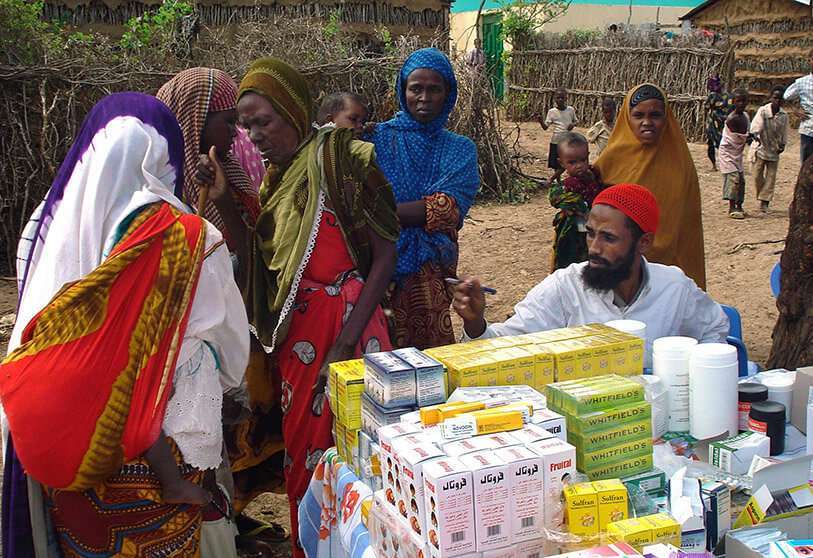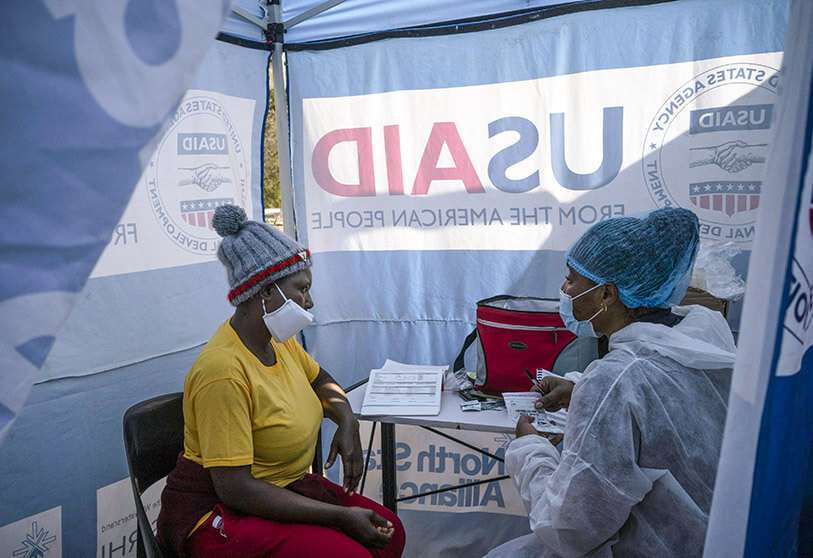Marruecos, Argelia y Túnez luchan por albergar la sede de la Agencia Africana de Medicamentos

The African Medicines Agency (AMA) is starting to take shape and it looks like the idea is going to happen. What started as a plan drawn up by the World Health Organisation (WHO) and the African Union (AU) dating back to 2009 has finally been structured and has been official since November last year. It will aim to regulate the pharmaceutical and medicines sector across the continent to provide resources to the whole of Africa and export its products as well.
Now, with the formalisation of the entity, the debate is raging over where it will be based. Several countries have applied to host the building that will control the entire organisation on the continent, and they are already debating who will be chosen. Morocco, Algeria and Tunisia are the main contenders and it appears that each of these nations will fight to host the health institution.
All three countries have already officially submitted their candidacy to both the AU and the WHO. In the Moroccan case, for the Alawi country, it would mean an expansion to further develop this market. Morocco's pharmaceutical industry is one of the largest in Africa. In 2019 alone, the country had a turnover of 16 billion dirhams and produced more than 400 million units, making it one of the main exporters, with production at between 11 and 12%.

Nasser Bourita, Moroccan Minister of Foreign Affairs, officially presented the Kingdom's candidacy. During the country's bid, the minister showed a progress report on the ratification of the WADA Constitutive Treaty in Addis Ababa. "Morocco is willing to host the WADA headquarters and develop South-South partnership projects with the African CDC (African Centers for Disease Control and Prevention)," Bourita said.
On top of that, in April, the North African nation ratified the treaty establishing the body and joined as a permanent member. The ceremony was attended by Mohammed Arrouchi, Morocco's ambassador and permanent representative to the AU and ECA.
"As a member of the African Union and a regional leader in the pharmaceutical industry, especially in terms of infrastructure, technology and experiences acquired over the years, Morocco remains very committed to the high quality of medicines and is aware that the health and safety of the African citizen requires quality and effective medicines," said the ambassador.

Morocco seems to be emerging as the winner in this battle. In the summer of last year, former Moroccan Prime Minister Saadeddine El Othmani received the AU's special envoy for the WADA, Michel Sidibé. At a meeting in Rabat, the process of ratification by member states of the African organisation was established. Throughout his mandate, El Otmani reiterated the importance of this institution and supported initiatives for the development of the continent.
It is worth noting that the Maghreb kingdom is currently seeking support in order to host the organisation. Morocco has already secured Congo's support thanks to a meeting between the ministers of health and protection of the two countries.
Algeria's prime minister, Aïmene Benabderrahmane, also received Mr Sidibé and proposed his candidacy. A detailed report was then sent by the Minister of the Pharmaceutical Industry, Abderrahmane Djamel Lotfi Benbahmed, in which he emphasised the benefits for Algeria and the contribution that would be made if the headquarters were set up in Algeria.

On the Tunisian side, Tunisian President Kais Saied also commented on the AU envoy's candidacy and recalled that Tunisia has significant assets to host the institution. Afterwards, the country's Minister of Health, Ali Maret, sent a document officially presenting his country's participation.
WADA's host will be officially announced in early 2023 in a race in which Uganda and Senegal are also competing. Its institutionalisation is good news for Africa, as the continent is in a constant struggle to access quality medicines and lacks sufficient resources to obtain them. Likewise, drug manufacturers may have an opportunity to increase their revenues on the continent.
Africa represents less than 3% of the global pharmaceutical market, with only 400 manufacturers spread across South Africa, Morocco, Egypt and Tunisia. Having an organisation like the AMA will allow the continent to achieve drug autonomy, as most countries are forced to import more than 80% of their medicines.








